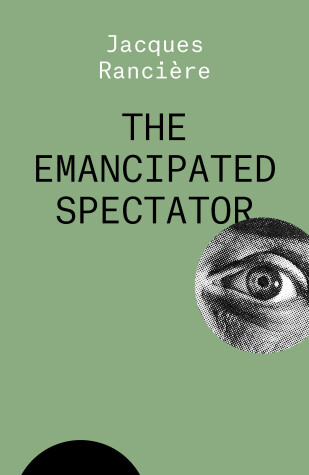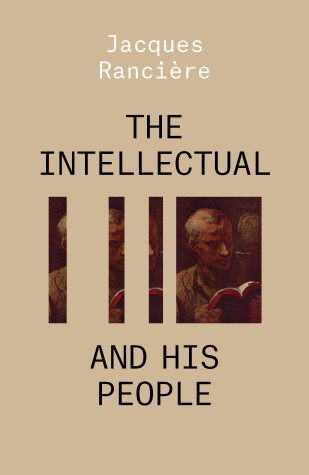THE ESSENTIAL RANCIERE
3 total works
It is frequently said that we are living through the end of politics, the end of social upheavals, the end of utopian folly. Consensual realism is the order of the day. But political realists, remarks Jacques Ranciere, are always several steps behind reality, and the only thing which may come to an end with their dominance is democracy. 'We could', he suggests, 'merely smile at the duplicity of the conclusion/suppression of politics which is simultaneously a suppression/conclusion of philosophy.' This is precisely the task which Ranciere undertakes in these subtle and perceptive essays. He argues persuasively that since Plato and Aristotle politics has always constructed itself as the art of ending politics, that realism is itself utopian, and that what has succeeded the polemical forms of class struggle is not the wisdom of a new millennium but the return of old fears, criminality and chaos.
Whether he is discussing the confrontation between Mitterrand and Chirac, French working-class discourse after the 1830 revolution, or the ideology of recent student mobilizations, his aim is to restore philosophy to politics and give politics back its original and necessary meaning: the organization of dissent.
Whether he is discussing the confrontation between Mitterrand and Chirac, French working-class discourse after the 1830 revolution, or the ideology of recent student mobilizations, his aim is to restore philosophy to politics and give politics back its original and necessary meaning: the organization of dissent.
The theorists of art and film commonly depict the modern audience as aesthetically and politically passive. In response, both artists and thinkers have sought to transform the spectator into an active agent and the spectacle into a communal performance.
In this follow-up to the acclaimed The Future of the Image, Rancière takes a radically different approach to this attempted emancipation. First asking exactly what we mean by political art or the politics of art, he goes on to look at what the tradition of critical art, and the desire to insert art into life, has achieved. Has the militant critique of the consumption of images and commodities become, ironically, a sad affirmation of its omnipotence?
In this follow-up to the acclaimed The Future of the Image, Rancière takes a radically different approach to this attempted emancipation. First asking exactly what we mean by political art or the politics of art, he goes on to look at what the tradition of critical art, and the desire to insert art into life, has achieved. Has the militant critique of the consumption of images and commodities become, ironically, a sad affirmation of its omnipotence?
A classic collection of essay by Jacques Ranciere, that focuses on the ways in which radical philosophers understand the people they profess to speak for. The Intellectual and His People engages in an incisive and original way with current political and cultural issues, including the "discovery" of totalitarianism by the "new philosophers," the relationship of Sartre and Foucault to popular struggles, nostalgia for the ebbing world of the factory, the slippage of the artistic avant-garde into defending corporate privilege, and the ambiguous sociological critique of Pierre Bourdieu. As ever, Rancière challenges all patterns of thought in which one-time radicalism has become empty convention.


